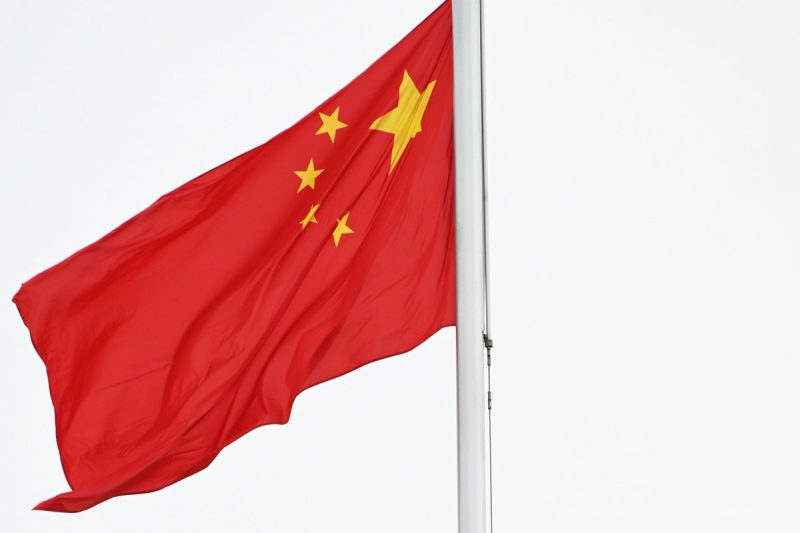China Tightens Grip on Strategic Minerals with New Antimony Export Controls
The recent announcement by China regarding new export controls on antimony is a significant development that underscores the country’s efforts to tighten its grip on strategic minerals. Antimony, a rare earth mineral with a wide range of industrial applications, is essential for industries such as electronics, defense, and energy storage. With China being one of the world’s largest producers of antimony, this move has far-reaching implications for global supply chains and geopolitical dynamics.
One of the key objectives behind China’s new export controls on antimony is to assert greater control over the global supply of this critical mineral. By restricting the export of antimony, China aims to ensure a steady supply for its domestic industries and reduce its dependency on foreign sources. This shift in policy aligns with China’s broader strategy of bolstering its self-sufficiency in key strategic resources, thereby enhancing its economic and geopolitical influence on the global stage.
The impact of China’s tightened grip on antimony exports will be felt by countries around the world, particularly those that rely heavily on this mineral for their industries. The restrictions may lead to supply shortages, price fluctuations, and increased competition for alternative sources of antimony. As a result, businesses and governments will need to reassess their supply chains and develop contingency plans to mitigate potential disruptions caused by these new export controls.
Furthermore, China’s move to tighten control over antimony exports could have geopolitical implications, especially in regions where antimony plays a crucial role in strategic industries such as defense and high-tech manufacturing. The concentration of antimony production in China could give the country significant leverage in international relations, allowing it to exert influence over countries that require a stable supply of this critical mineral.
In response to China’s export controls on antimony, other major antimony-producing countries may seek to ramp up their production to fill the supply gap. This could lead to increased competition in the global antimony market and potentially drive innovation in the production and recycling of this valuable mineral. Ultimately, the evolving dynamics of the antimony market underscore the importance of diversifying supply sources and reducing dependence on a single country for critical minerals.
In conclusion, China’s new export controls on antimony represent a strategic move aimed at securing its position as a dominant player in the global supply chain of critical minerals. The implications of these measures are wide-ranging and underscore the evolving dynamics of the global mineral market. As countries and industries navigate the challenges posed by China’s tightened grip on antimony exports, strategic planning and cooperation will be essential in safeguarding the stability and resilience of global supply chains.



























